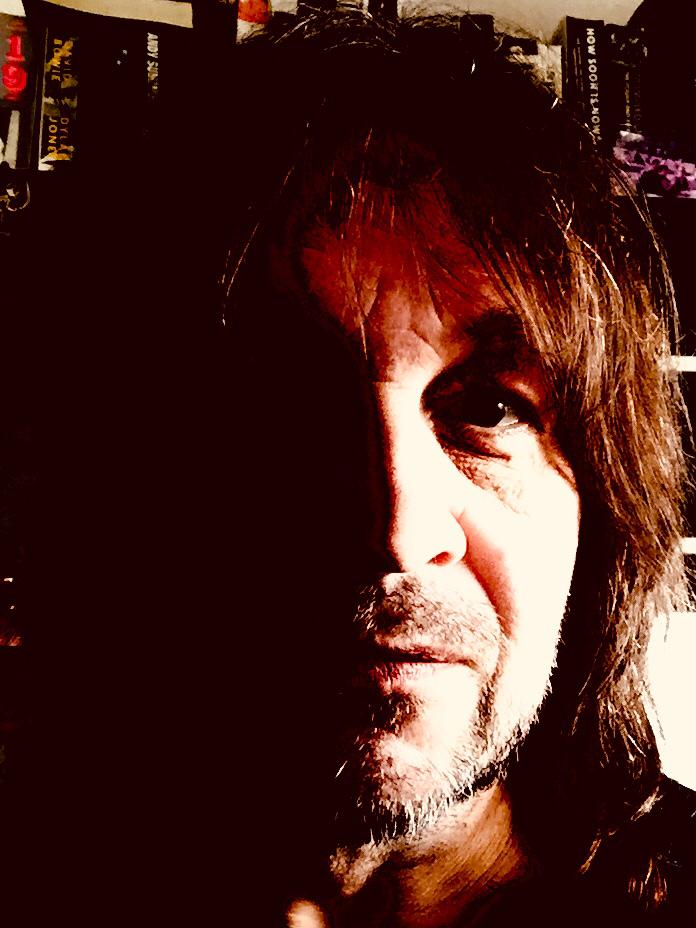Michael Rother’s mooted collaboration with the late David Bowie on 1977’s Heroes album remains one of the great what-ifs of rock history.
What would his contribution have been like if it had gone ahead? Would it have prevented Robert Fripp from experiencing an erection each time he heard it? And would Rother be playing his highly influential Krautrock in stadia like the one that sits on top of this subterranean venue at Stamford Bridge?
It’s entirely apposite that Rother finds himself in an underground location that bizarrely resembles nothing less than a billionaire’s idea of what a club should look like. Yet for all its attempts of trying to look the part – classic rock photography adorning the walls – the sound emanating from the state-of-the-art PA is simply magnificent, and it’s marshalled by a mixing desk that looks as if it was purloined from the flight deck of the USS Enterprise.
Rother and his cohorts – drummer Hans Lampe, who contributed to NEU! ’75, and guitarist Franz Bargmann from contemporary Berlin acolytes Camera – are here to bring to life the groundbreaking music made by the guitarist with both NEU! and Harmonia, as well as his solo material. Little wonder that so many of those who picked up Rother’s baton – Mute Records’ Daniel Miller and OMD’s Andy McCluskey, among others – are here to pay homage.
The choice of a standing venue makes for a huge improvement over Rother’s last appearance in London, which took place at The Barbican five years ago. Though the audience are initially a little too reverential, those driving and propulsive motorik beats, coupled with Rother’s delightfully distorted and singing guitar and Bargmann’s solid rhythm playing, soon become infectiously hypnotic. Among the more adventurous in the crowd, hips and feet move in time with the repetitive rhythms.
Indeed, as displayed by the epic E-Musik, the groove is both deep and wide. Utterly seductive, its ability to create a satisfying trance-like state remains undiminished, and Lampe’s solid and metronomic time-keeping allows Rother to enjoy explorations in sound and texture.
Likewise, Neuschnee, from Neu! 2, ploughs a similar furrow, and those monstrous pulses beef up by some considerable measure the otherwise soothing Karussell.
The approach is perhaps a little heavy handed on the group’s reading of Harmonia’s Deluxe (Immer Wieder) but, as evidenced on the beautifully lachrymose Seeland, there’s more to kosmische musik than relentlessness, thanks to Bargmann’s restrained arpeggios and Rother’s weeping motif.
The whooping hollers that greet the close of his set show that four decades on, Michael Rother is revelling in well‑deserved recognition.

